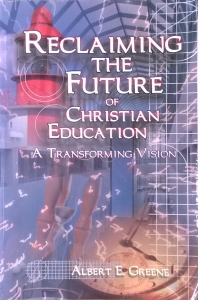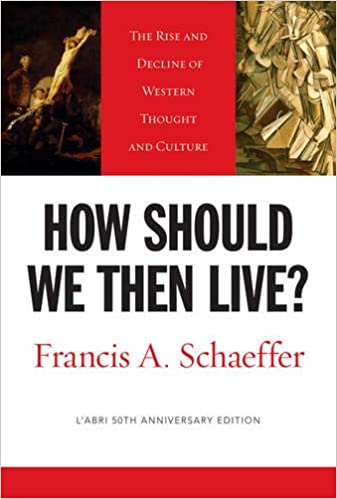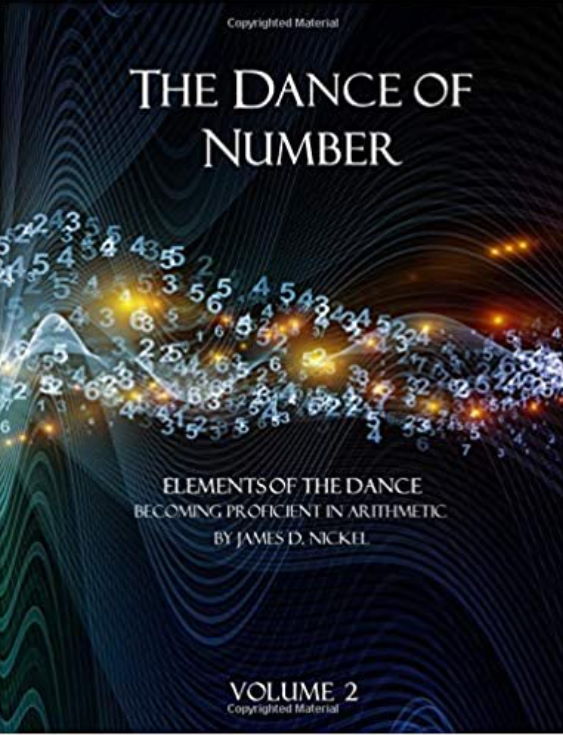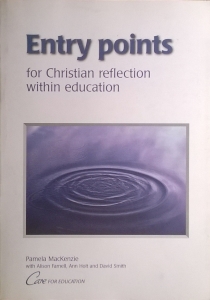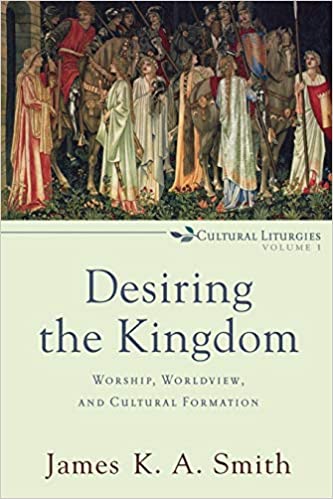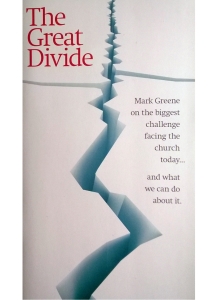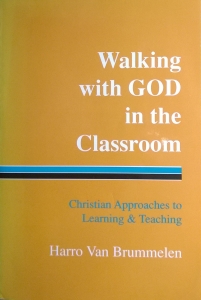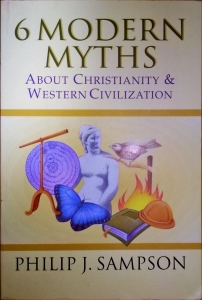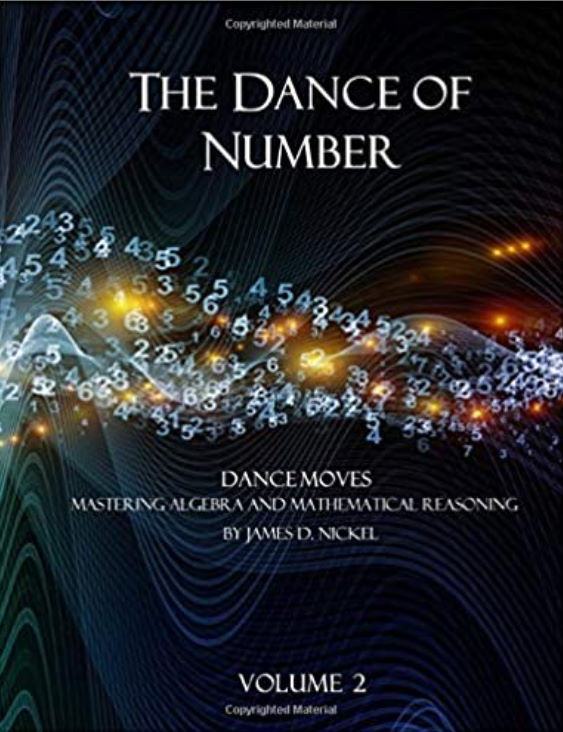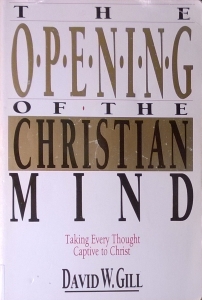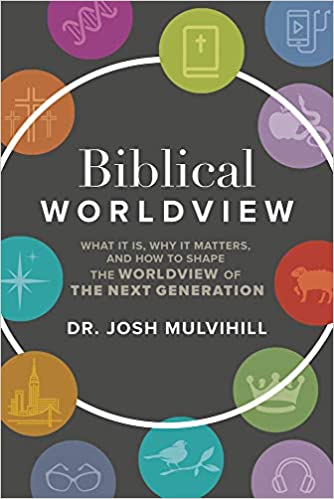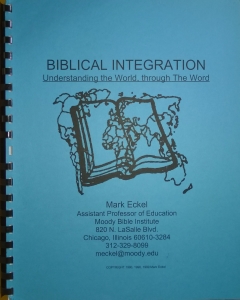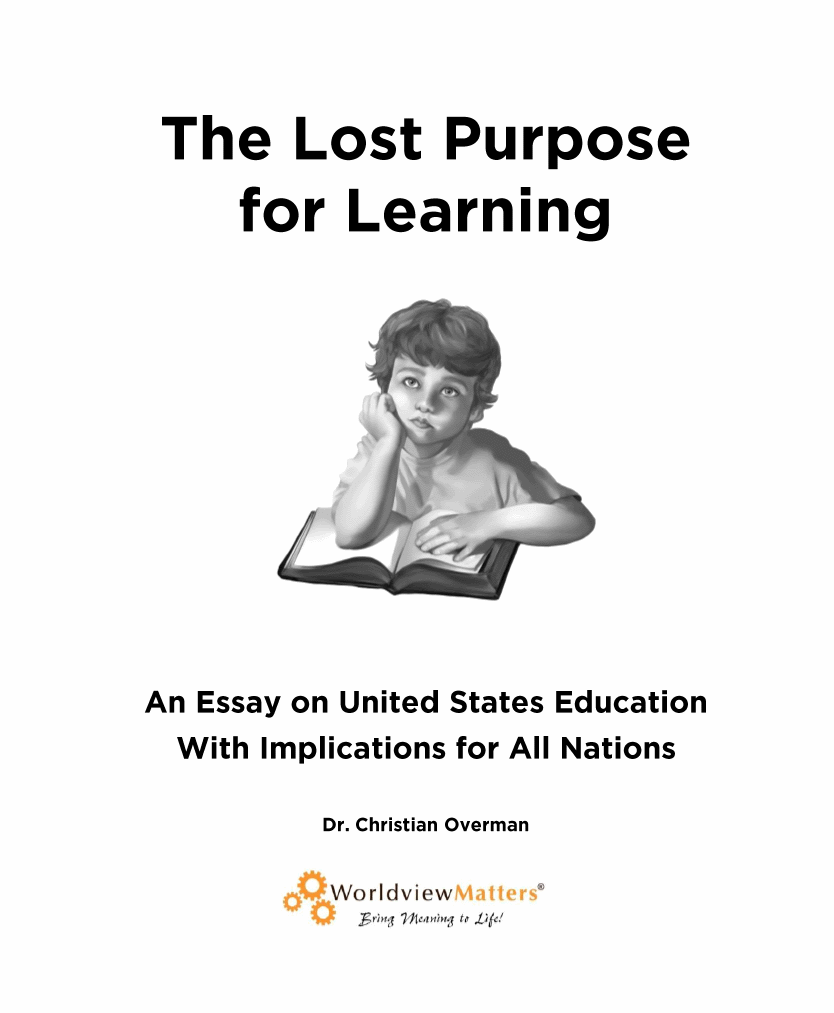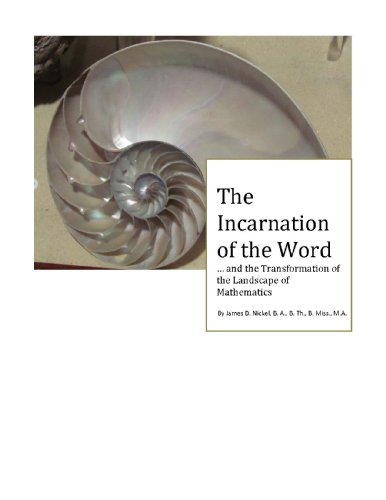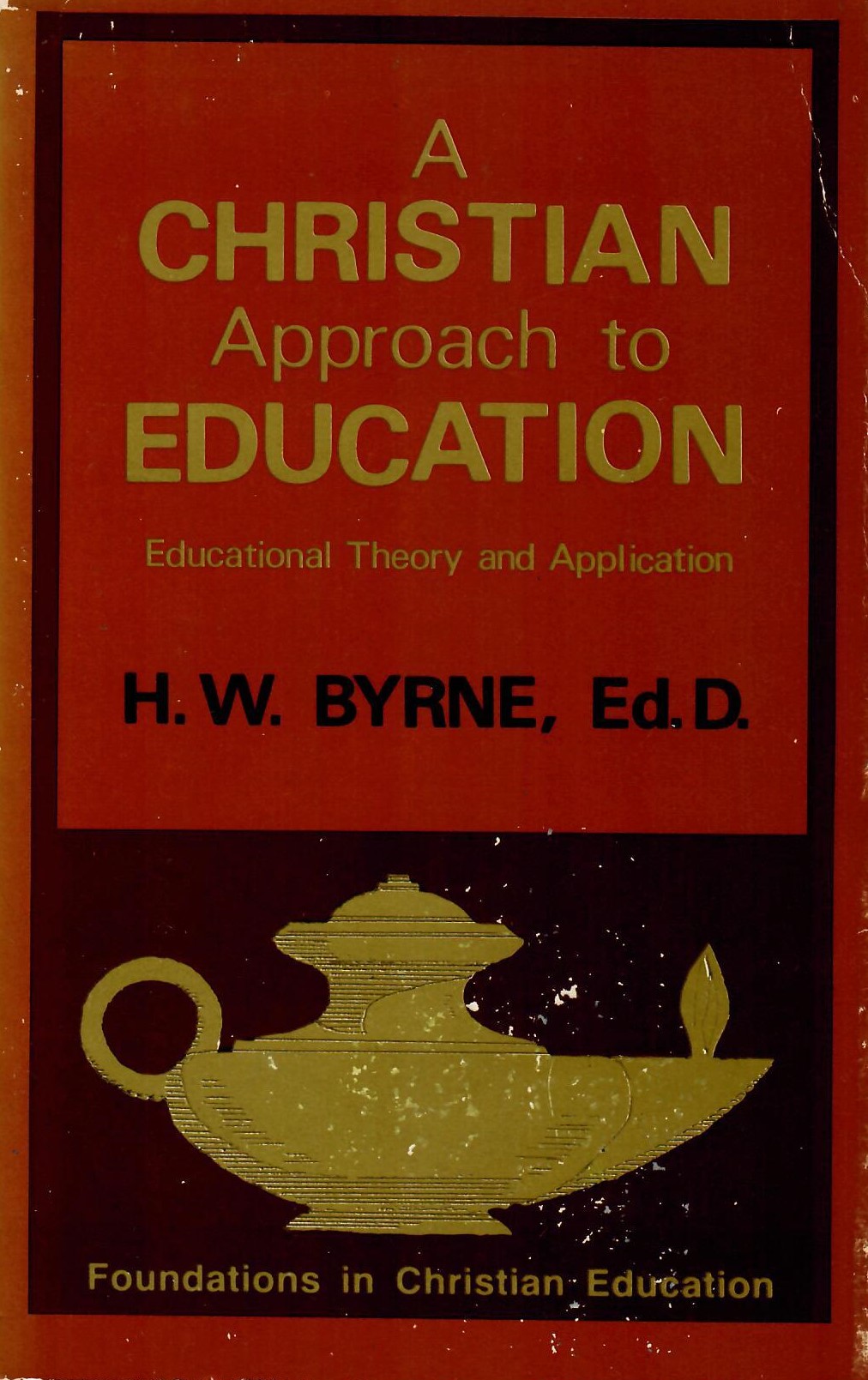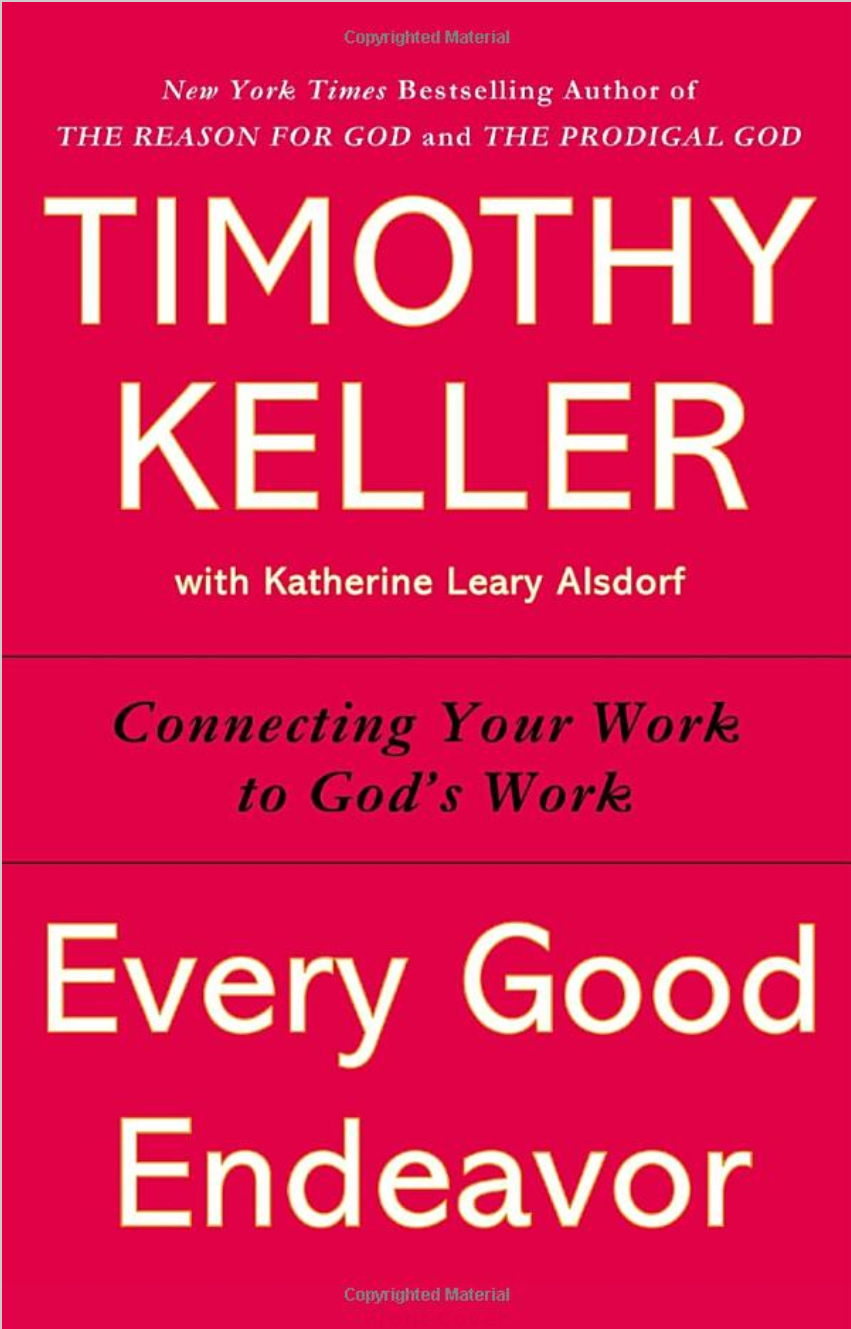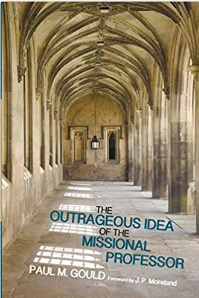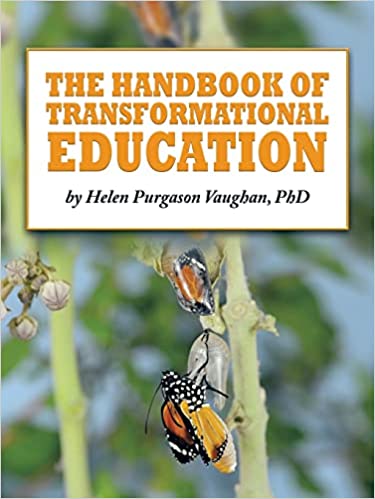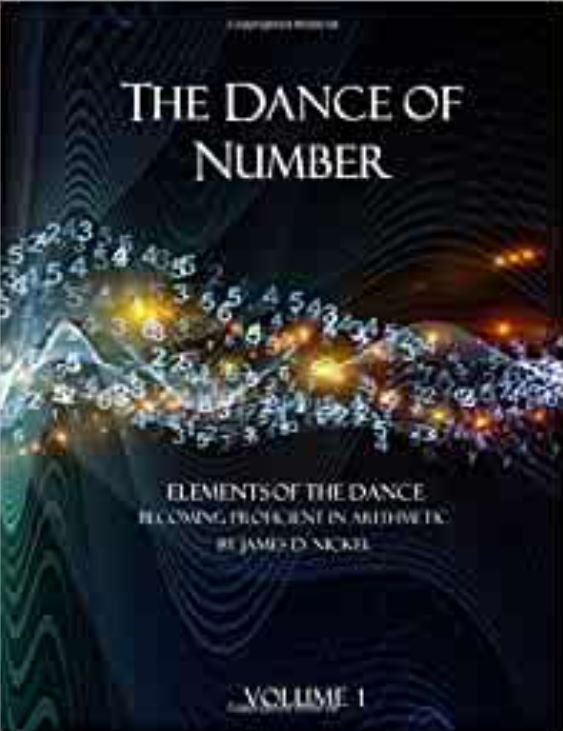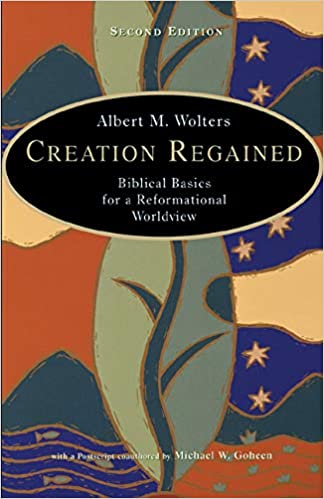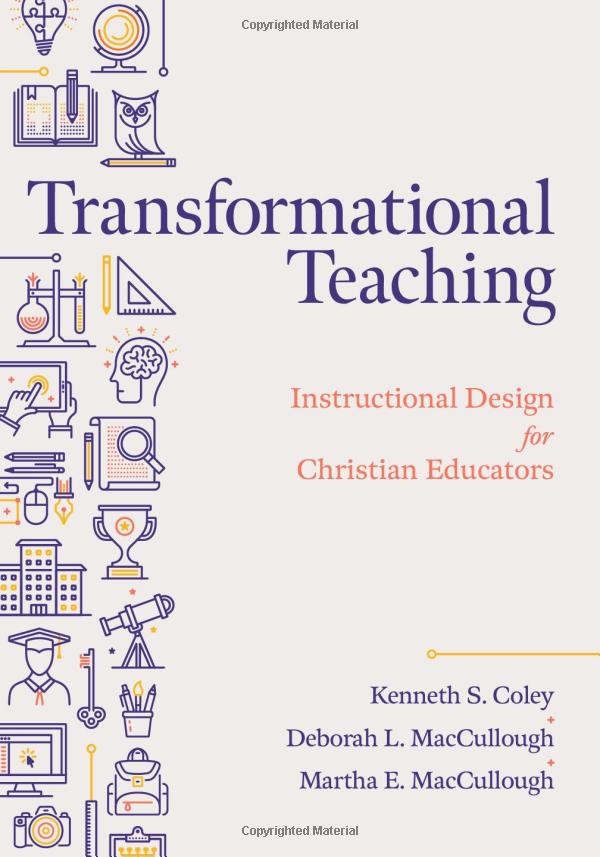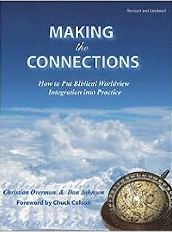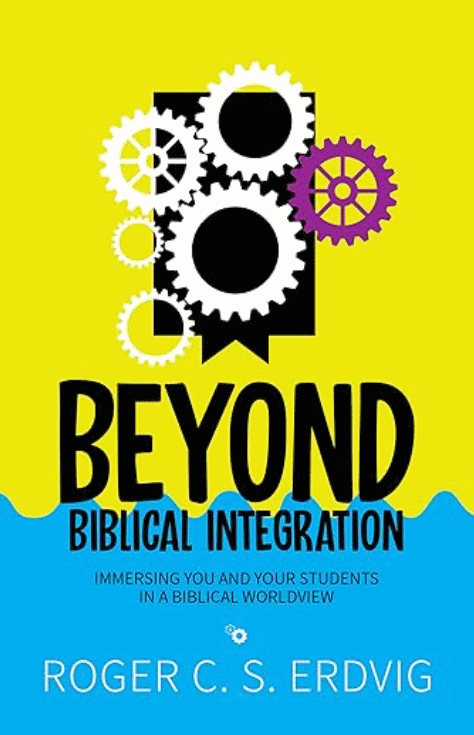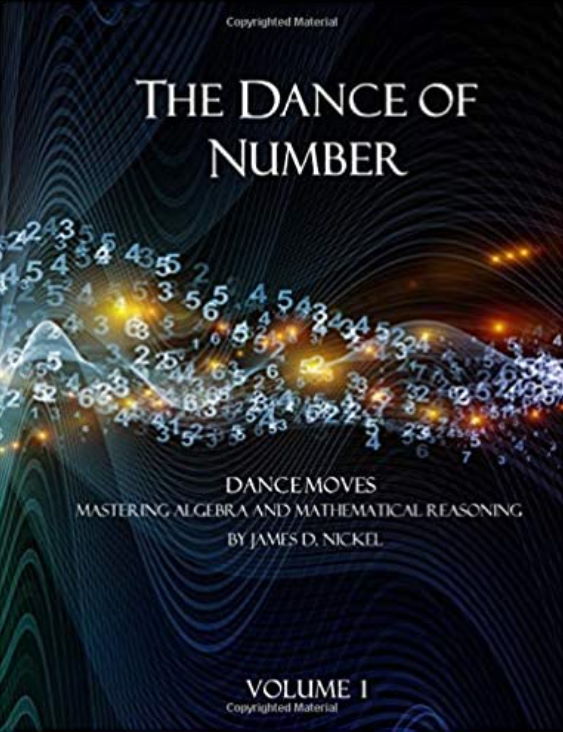By Todd J. Williams in the ACSI blog, August 25, 2017
Within Christian schools and colleges today, I sense an almost frenetic energy. The pressures are mounting daily to meet cultural, parental, student, and higher education expectations in an increasingly complex social, political, and economic context. The challenges we face seem more daunting than ever, yet what we do has never been more important or had greater potential. To use a maritime metaphor, we are sailing in heavy seas—and are under fire, as well. The temptation to doubt our mission when we are battle-weary is real. So is the problem of drifting off course when so much is required to simply stay afloat.
In times of great challenge and great potential, we must keep in mind some essential ideas regarding our work. Whether faculty, staff, or administration, we need to see the larger issues amid our daily tasks. We must remember who we are and what we do. We must see the whole. We must engage students in an education that is principled, biblically integrated, and mission-driven.
A Principled Education
Education is not about the head, the heart, or the hands alone, but rather all of them together. They cannot be separated from one another, because without one, the others fail. Knowledge, character, and service depend upon one another, develop one another, and prove one another.
Schools impart knowledge. It’s what we do. However, students’ knowledge and service are worthless apart from true spiritual maturity. Their character, then, is a critical issue. Character always is. Yet sadly, “character” is a term too often discussed and too seldom demonstrated. In this world, we see at once both a constant need for men and women of character and a seemingly constant shortage of the same. We seek to be encouraged and inspired, but often find ourselves disappointed and dismayed by the failings of our fellow human beings. As a result, we hold very dear the examples of men and women of renown whose character shone forth in time of great need. We also cherish the personal examples of the quietly consistent individuals in our lives, of whom no books are written but who carry out their daily existence with integrity and purpose.
In a day and age when secularism urges us to compartmentalize our lives and privatize or even apologize for our faith, when the prevailing thinking persuades us to concern ourselves only with what is experientially gratifying or personally beneficial, we tend to get both the questions and the answers wrong when it comes to character and what matters most. But the Bible does not. In Psalm 15, David asks, “O Lord, who may abide in Thy tent? Who may dwell on Thy holy hill?” He records the answer for us: “He who walks with integrity, and works righteousness, and speaks truth in his heart” (NASB). A “man after God’s own heart,” David declared that what matters most is God and what He demands of us. This is a biblical truth that must be learned, lived, and taught.
We do live what we learn. So do our students. There can be little question that education accomplishes more than simply disseminating information or developing marketable skills. It shapes us as individuals: shapes our minds, shapes our values, shapes our way of thinking about and viewing the world. Whether intentionally or unintentionally, whether implicitly or explicitly, educational institutions deal with more than just knowledge and skills. Though many claim to provide a “values neutral” education, no educational model is, or can be, morally or ethically neutral. What we know and how we come to know it affect us profoundly: shaping who we are, what we believe, and how we live.
This profound influence makes our educational choices and commitments weighty ones. America’s second president, John Adams, knew this well when he wrote home to his beloved Abigail, “Elevate the minds of our children and exalt their courage; to accelerate and animate their industry and activity; to excite in them an habitual contempt of meanness, abhorrence of injustice and inhumanity, and an ambition to excel in every capacity, faculty, and virtue. If we suffer their minds to grovel and creep in infancy, they will grovel and creep all their lives.”
Clearly, the Adamses recognized the importance of a good and moral education for their children as a foundation for all of life. No matter what our age or level of education, we take from our studies more than an accumulation of facts. We are changed in some way, for better or for worse. America’s fifth president, James Monroe, said, “The question to be asked at the end of an educational step is not ‘What has the student learned?’ but ‘What has the student become?’” This end result of “becoming” is precisely what makes the organizing principles of an educational approach so very important.
Therefore, education must not be shortsighted. It must have as a clear end something of noble and lasting value. It must be about more than simply data or dollars, more than test scores or earning potential. It must elevate the minds of students so that they may become people of courage, industry, and kindness, of excellence and virtue.
A Biblically Integrated Education
This result comes only of true integration that goes beyond curricular integration. A truly biblical Christian education looks to this end very differently than its secularized counterparts: with the view that both the educational approach and the life of the student may bring glory to our God. A truly integrated education necessarily elevates the minds of students because it begins with the idea that “the fear of the Lord is the beginning of wisdom.” A biblical, Christian education points students to the eternal God, our Father, and His only Son Jesus Christ because “God, who said, ‘Let light shine out of darkness,’ made his light shine in our hearts to give us the light of the knowledge of God’s glory displayed in the face of Christ” (2 Corinthians 4:6).
The light of this knowledge is transformational, changing not only the way all other knowledge is viewed, but also the way in which we think and live. Perspective matters as much as practice. In a truly Christian school, educators must do more than simply shape the mind. They must see their role in shaping the whole person as a high and noble calling with lasting impact. They must challenge students to examine their lives, must care for them in a way that encourages maturation, and must call them to be serious and intentional about becoming more and more like Christ.
A Mission-Driven Education
In addition to the individual efforts of educators, schools must stay on course as institutions. The missions and objectives of our schools are more than formal necessities. They are declarations of commitment calling us to action, guiding us in our collective endeavors, providing standards against which we measure our resolve and our results. They must be clear, talked about often, and personally significant for each educator.
It is essential that we each remember the importance of true and godly integrity, that we must all live, work, speak, and think rightly. We accomplish this by allowing our own character to be shaped according to the teaching and example of our Lord Jesus—not according to popular ethical trends, pragmatic expediency, or secular standards of achievement. By God’s grace, we seek the mind of Christ. We are to love Him, obey Him, imitate Him, and serve Him. This is the life of the spiritually mature. Writing to the Christians at Philippi, the apostle Paul exhorted those believers to conduct themselves in a manner worthy of Christ’s gospel and have the same attitude which was in Him (Philippians 1:27, 2:8). What more noble mission for life or for learning is there?
About the Author
Dr. Todd J. Williams has been president of Cairn University since 2008. He holds a BS in Bible from Cairn University and his MEd and PhD from Temple University. He is an experienced educator, leader, and consultant, and he regularly speaks on biblical, cultural, and professional issues. Dr. Williams is also the chairman of the board of governors of the John Jay Institute in Langhorne, PA. He and his wife, Dawn, are avid outdoor enthusiasts and have two adult children, Connor and Caitlin. He can be reached via email at president@cairn.edu.








